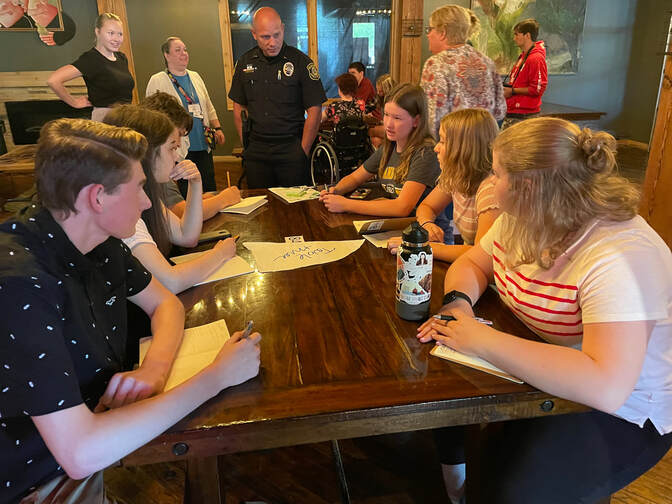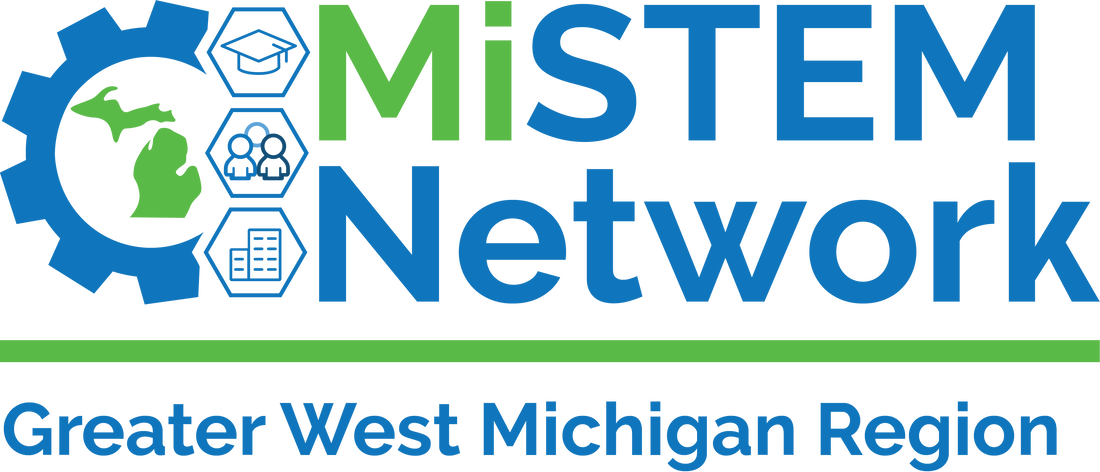Protocol Overview and Instructions:
Within the Critical Friends structured process, students seek to understand what each other is struggling with and would like feedback on. Afterward, students give “warm” (positive) feedback, "cool (constructive) feedback, and suggestions for resources and ideas. Students share their ideas, receive feedback, hear other students ideas and give feedback. This is a great way to fine tune your final idea or ideas that you will be sharing with your authentic audience.
Critical Friends Protocol Instructions
Educator Thoughts:
The format of the Critical Friends protocol allows for groups of students to openly share ideas with others and gain useful feedback during a project. Students share the process they've been through, what they've learned along the way, including potential roadblocks, and ideas for solving a problem.
"Every time I run the Critical Friends protocol, I'm amazed by the depth of the student's conversations and the high quality, thoughtful feedback they share with each other."
Student Quote:
"The critical friends at Odd Sides was a very productive and fun way to have the teams hear from each other and have a small break from work in their business environment. It also gave us an opportunity to loosen up and do something out of the norm. The feedback given to each team was incredibly useful and because it was given by peers the feedback seemed to be received and implemented well.
"Feedback on presentations and ideas like the ones generated for IChallengeU can be overwhelming for some of us or really encouraging for others, having a set amount of time and activity to present this feedback makes it more approachable which is so important because feedback in general but specifically on larger projects is a huge help and has the ability to improve a project drastically."
|
Meet the Educator:
Annette Coval taught English 9 and Yearbook at Hamilton High School. Now Annette works as a consultant with futurePREP'd and trainer for our IChallengeU Program and Alumni Connect Program. "PBL makes learning relevant and allows students to see the 'real world' impact of their work." |








